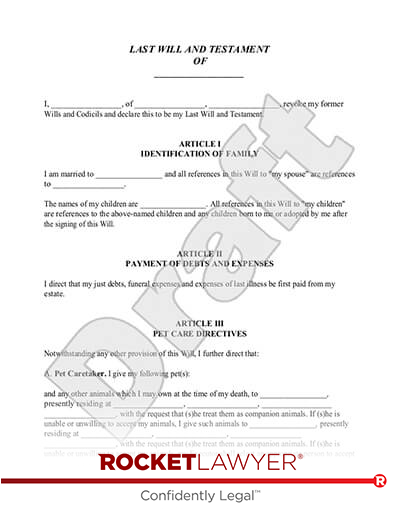So how do you prove to banks, courts, and estranged relatives that you're legally allowed to act as the executor for an estate?
With a Letter of Testamentary.
A Letter of Testamentary—sometimes called a "Letter of Administration" or "Letter of Representation"—is a document granted by a local court. The document simply states that you are the legal executor for a particular estate and that you have the ability to act as such.
Generally, a Letter of Testamentary, along with a legally binding death certificate, are the two documents you'll need to do the real estate transactions, banking, and asset distribution you were appointed to do.
Keep in mind that a Letter of Testamentary is not available online and must be obtained in person. Often, you'll need to take the official will, also known as a last will and testament, and death certification to your city hall or a local court to obtain one. Also, know that banks and other institutions will sometimes want to keep your Letter of Testamentary, so make sure you get multiple certified copies, just in case.
This article contains general legal information and does not contain legal advice. Rocket Lawyer is not a law firm or a substitute for an attorney or law firm. The law is complex and changes often. For legal advice, please ask a lawyer.
